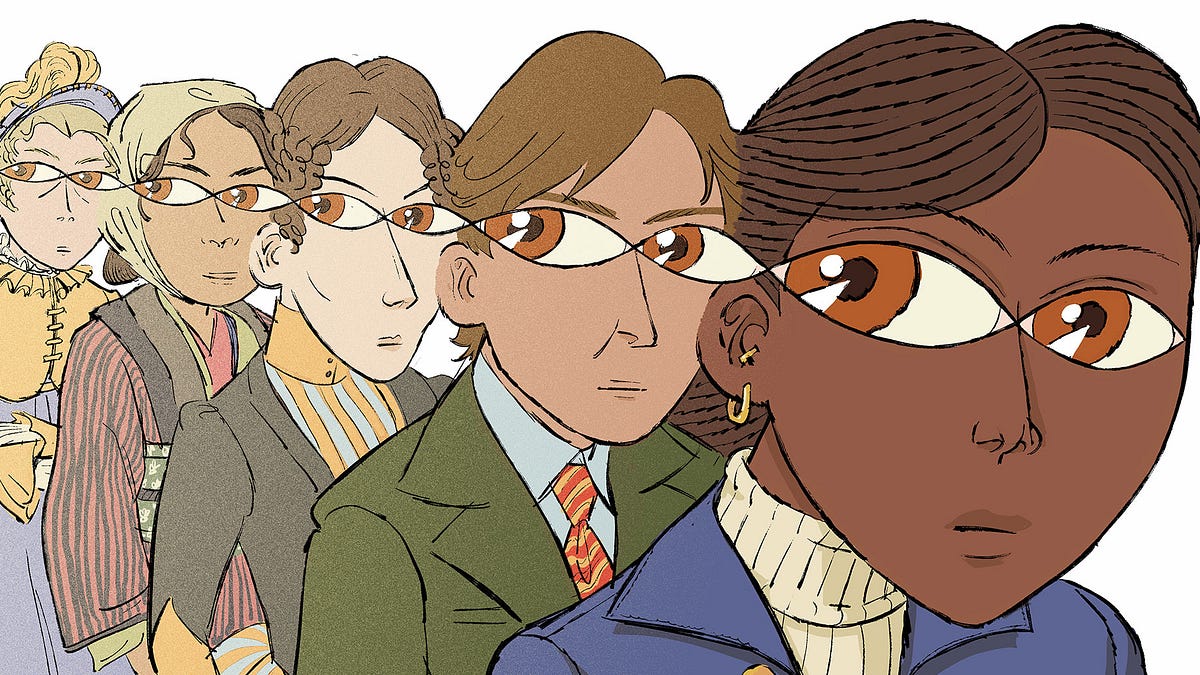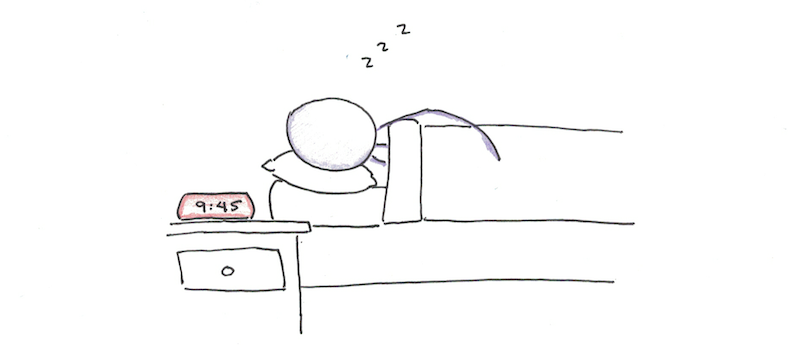- Thread starter
- #61
On the "Quality of Life" sector;
Whether it’s you that benefits most or someone else, don’t be afraid to go all in.
The Key to a Good Life? Lose Yourself in Something.
Whether it’s you that benefits most or someone else, don’t be afraid to go all in.
:extract_focal()/https%3A%2F%2Fi2.wp.com%2Fthegrowtheq.com%2Fwp-content%2Fuploads%2F2019%2F12%2Fsky-earth-space-working.jpg%3Fssl%3D1)
The Key to a Good Life? Lose Yourself in Something.
Whether it’s you that benefits most or someone else, don’t be afraid to go all in.
 getpocket.com
getpocket.com
:extract_focal()/https%3A%2F%2Fi2.wp.com%2Fthegrowtheq.com%2Fwp-content%2Fuploads%2F2019%2F12%2Fsky-earth-space-working.jpg%3Fssl%3D1)
The Key to a Good Life? Lose Yourself in Something.
Whether it’s you that benefits most or someone else, don’t be afraid to go all in.

:extract_focal()/https%3A%2F%2Fpocket-syndicated-images.s3.amazonaws.com%2Farticles%2F6166%2F1617135109_GettyImages-518211940.jpg)

:extract_focal()/http%3A%2F%2Fstatic.nautil.us%2F11314_1a47e38c424a51aba827f45d77a438b1.png)
:extract_focal()/https%3A%2F%2Fpocket-syndicated-images.s3.amazonaws.com%2Farticles%2F797%2F1620439398_GettyImages-877347856.jpg)
:extract_focal()/https%3A%2F%2Fpocket-syndicated-images.s3.amazonaws.com%2Farticles%2F7150%2F1633479977_615cec5508ba5.jpg)
:extract_focal()/https%3A%2F%2Fwww.nirandfar.com%2Fwp-content%2Fuploads%2F2020%2F04%2Fchild-rocket-scientist.jpg)
:extract_focal()/https%3A%2F%2Fpocket-syndicated-images.s3.amazonaws.com%2Farticles%2F7086%2F1632430437_614ce90a5b7f2.png)
:extract_focal()/https%3A%2F%2Fpocket-syndicated-images.s3.amazonaws.com%2Farticles%2F856%2F1633129841_6157951e44b77.png)
:extract_focal()/https%3A%2F%2Fpocket-syndicated-images.s3.amazonaws.com%2Farticles%2F7080%2F1632360581_woman-1680x1120.jpg)




:extract_focal()/https%3A%2F%2Fpocket-syndicated-images.s3.amazonaws.com%2Farticles%2F4137%2F1587647954_ezgif.com-webp-to-jpg113.jpg)

:extract_focal()/https%3A%2F%2Fpocket-syndicated-images.s3.amazonaws.com%2Farticles%2F6749%2F1627947272_6108807c7bf83.png)


:extract_focal()/https%3A%2F%2Fpocket-syndicated-images.s3.amazonaws.com%2Farticles%2F3714%2F1584374982_GettyImages-182222423.jpg)





:extract_focal()/https%3A%2F%2Fpocket-syndicated-images.s3.amazonaws.com%2Farticles%2F5832%2F1601394004_REST_Aging_2880x1620_Lede.jpg)

:extract_focal()/https%3A%2F%2Fpocket-syndicated-images.s3.amazonaws.com%2Farticles%2F6944%2F1630623593_GettyImages-1289775017.jpg)

:extract_focal()/https%3A%2F%2Fs3.amazonaws.com%2Fpocket-syndicated-images%2Farticles%2F2202%2F1577483333_5dcebc6ce4bf8.jpg)